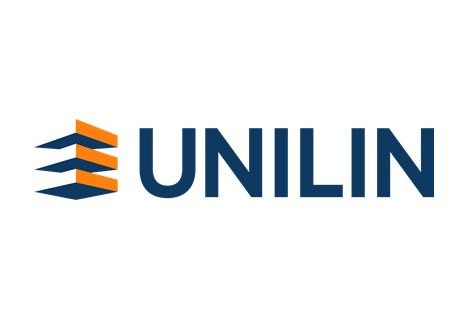
- Marketplace
- Posted
Unilin UK launches embodied carbon report
Leading insulation manufacturer Unilin has produced a report on calculating and reducing embodied carbon while using the company’s products.
This article was originally published in issue 46 of Passive House Plus magazine. Want immediate access to all back issues and exclusive extra content? Click here to subscribe for as little as €15, or click here to receive the next issue free of charge
The report, Reduce by Design: Action on Embodied Carbon, provides an overview of the process and calculation of embodied carbon in a study of house types.
Multidisciplinary consultancy XCO2 was commissioned to carry out life cycle assessments (LCAs) for four different dwelling types – including typical examples of a detached house, mid-terraced house, semi-detached house, and apartment – built using typical material specifications, to see if they could meet the embodied carbon targets set by organisations including RIBA, LETI and the Future Homes Hub. The analysis was cradle to grave, covering modules A1-C4, excluding B6-B7, which cover operational energy and water use, and which are customarily reported separately in building LCAs in the UK and Ireland.
With a scope including all elements of the building excluding external works, and relying on products with EPDs where possible, baseline case scenarios were established, along with improved specifications in each case, including measures such as substituting 70 per cent of cement with GGBS in the concrete slab, switching to a calcium sulphate screed, and swapping concrete roof tiles for natural slate – and a shift from generic PIR to Unilin’s ECO360 PIR.
Three options for heating systems and domestic hot water were included – including an air source heat pump-based approach, a passive solar-based design with heat recovery ventilation and electric water heater, and a direct electric system. In the case of the heat pump baseline and improved cases were included, depending on the global warming potential of the refrigerant. The baseline case included a heat pump with 1.3 kg of R410A, a refrigerant with a global warming potential (GWP) of 2,088, meaning each kilo is equivalent to 2,088 kg of CO2 (expressed as 2,088 kg CO2e). The improved case included 3 kg of R32, which has a GWP of 675, dropping the embodied carbon total from 48 to 36 kg CO2e/m2.
In all four house types, the improved specifications met the RIBA, Future Homes Hub and LETI targets. In one case – the mid-terraced house, the air source heat pump option brought the building over the target.
Unilin aims for zero carbon
In 2021 Unilin Group launched its sustainability pledge, including an aim to become a net zero carbon operation by 2030. As part of the company’s One Home sustainability policy, Unilin pledged to make environmental improvements in all aspects of its operation including the manufacture of insulation products. The company launched its EC0360 insulation in 2021, introducing several environmental improvements to PIR insulation with the integration of bio-based polyols, more than a 50 per cent reduction in packaging waste, halogen-free formulation – and an impressive thermal conductivity of 0.020 W/Mk.
“The ECO360 insulation strategy is a key innovation in our endeavours,” the company said, in a foreword to the embodied carbon report. “ECO360 is evidence of our commitment to continually review and improve the sustainable credentials of our product offering and services, as far as technical advances in manufacturing and circularity allow.” “The aim is to gauge the impact of our improving Environmental Product Declarations (EPDs) on a building’s life cycle analysis,” the company said. “We worked with industry bodies and software providers to educate our own team in the conventions and methods related to embodied carbon measurement. This is only the start of a journey.”
Unilin said that strong alliances and co-operation between manufacturers, the supply chain, designers, and contractors will be required to help address the climate crisis. “All of the manufacturers we engaged with in the preparation of this report are fully committed to improving their own EPDs along with the continued decarbonising of the grid, and so results for embodied carbon shown will continue to reduce,” the company said. “We hope this report and accompanying CPD learning will encourage information sharing and engagement with the subject.”
“In line with our sustainability pledge, we are committed to achieving lower embodied carbon in builds.”
“It has been independently proven that with clever design using high-performance Unilin insulation, we can reduce embodied carbon levels in construction which meet and can exceed targets set by Future Home Standard 2025, LETI and the RIAI 2030 Climate Challenge.”
To find out more, download Unilin’s embodied carbon report at unilininsulation.co.uk/embodied-carbon/
Related items
-
 Bedding sustainability into British buildings: Bioregional’s BedZed
Bedding sustainability into British buildings: Bioregional’s BedZed -
Is shared equity a bridge too far?
-
 Scotland committed to continuing passive house journey
Scotland committed to continuing passive house journey -
ASBP Awards shortlist announced
-
 AECB conference 2023: from edible landscaping to whole life carbon
AECB conference 2023: from edible landscaping to whole life carbon -
 Free programme to bring passive house to UK architecture students
Free programme to bring passive house to UK architecture students






